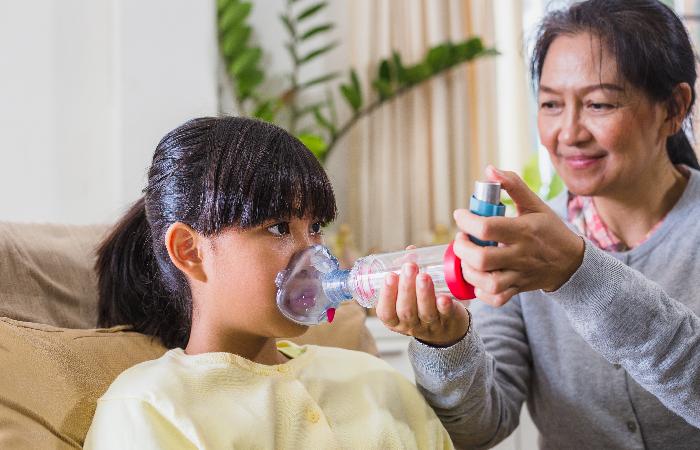Ask About Asthma campaign focuses on young people
In Practice news
Follow this topic
Bookmark
Record learning outcomes
NHS England’s Ask About Asthma campaign is back for its eighth year with the theme of helping children and young people with the disease “to live their best lives”.
Pharmacists can support #AskAboutAsthma by:
- Offering all children and young people with asthma an inhaler technique check
- Identifying which children and young people are not regularly collecting their preventer medication and communicating this to their GP practice
- Identifying which children and young people are collecting large numbers of reliever medication and communicating this to the GP practice
- Informing patients trying to buy a nebuliser or nebules to deliver asthma rescue medication to children and young people that these should only be used if recommended and managed by an asthma specialist
- Sharing messaging with asthma patients and their parents/carers around asthma triggers including smoking, vaping, damp and mould, and why it is important to minimise exposure where practical and possible.
Pharmacists can also provide practical advice around inhaler technique by asking parents/carers:
- Does their child have an asthma action plan?
- Have they had an inhaler technique check by an appropriately trained clinician in the last year?
- Are they scheduling an asthma review, every year and after every attack?
- Do they know how air pollution affects their asthma?
Darush Attar-Zadeh, clinical fellow and respiratory pharmacist at North West London ICB, said: “A key opportunity for pharmacists in supporting children and young people with asthma is through medicine reviews to check adherence to medication.
“Pharmacists can coach patients on how to use their inhalers and spacers correctly by first observing and then correcting any errors in technique. Poor inhaler technique and lack of adherence to preventative treatment can lead to poorly controlled asthma, which is burdensome for the patient, the planet, and the NHS as a whole.”
More information
Register here for an #AskAboutAsthma pharmacy webinar on Tuesday September 10 from 7.30-8.30pm.
More information about the campaign and educational events can be found here.
A factsheet for pharmacists is also available.

